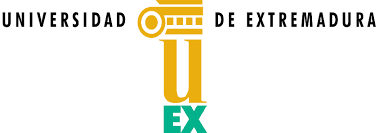Description SQS
Under the umbrella of quantum information theory, quantum algorithms have been proposed that solve in polynomial time problems for which there is no classical algorithm that solves in that order of complexity. The entry into the NISQ era with the development of the first quantum computers and simulators now makes it possible to test such algorithms on real computers. This generates new expectations and promotes growing interest in Quantum Computing. More and more researchers are proposing solutions in the quantum domain either to optimise existing algorithmic approaches in terms of number of qbits or circuits depth, to propose solutions to deal with decoherence and quantum error, or to propose new algorithms for uncovered problems. All these efforts, coupled with the fact that more and more media reports on quantum computing achievements appear, are inviting industry to look towards Quantum Computing to explore the possibilities it can offer. Some countries have launched specific programmes inviting industry and academia to explore together the applicability in different sectors, the current limitations of quantum technologies and their expected evolution over time. The objective is to be prepared for the future uptake of Quantum Computing in industry.
All of the above is evidence that quantum software is already a reality. It is commonly accepted that future software will be hybrid integrating both, classical pieces and quantum pieces because nearly each quantum algorithm requires classical preprocessing or postprocessing. With this, interest is also beginning to appear from researchers in the field of Software Engineering. The question arises as to whether all that has been learned over the last decades is still applicable in this new era. The first forums focusing on the field of Quantum Software Engineering have already appeared. Examples are Q-SE at ICSE, QSW at IEEE Services or Q-SET at IEEE Quantum Week. Many interesting works have been presented in these forums on how to approach certain software engineering practices now in the context of Quantum Computing. Topics such as how to build hybrid software architectures, orchestrate quantum systems, build models that enable automatically generating quantum software, build quantum software with better quality attributes, etc. are being addressed in these forums.
Since it is clear that future information systems will be hybrid, it is necessary to start designing the way in which the integration between the classical and quantum parts of the systems will take place. This is where Service Oriented Computing can provide techniques for this. The aim of this workshop is to bring together experienced participants interested in discussing different techniques for building information systems by composing classical services with hybrid services.



